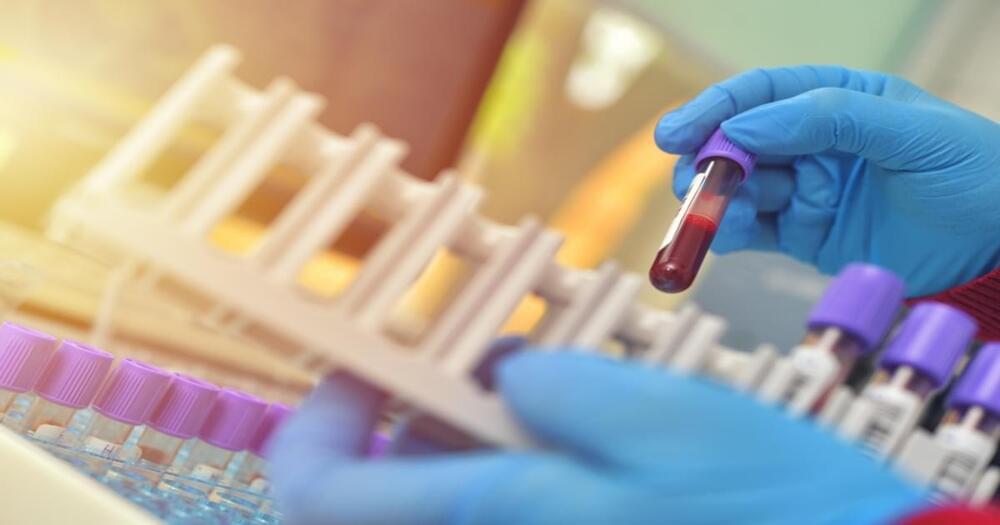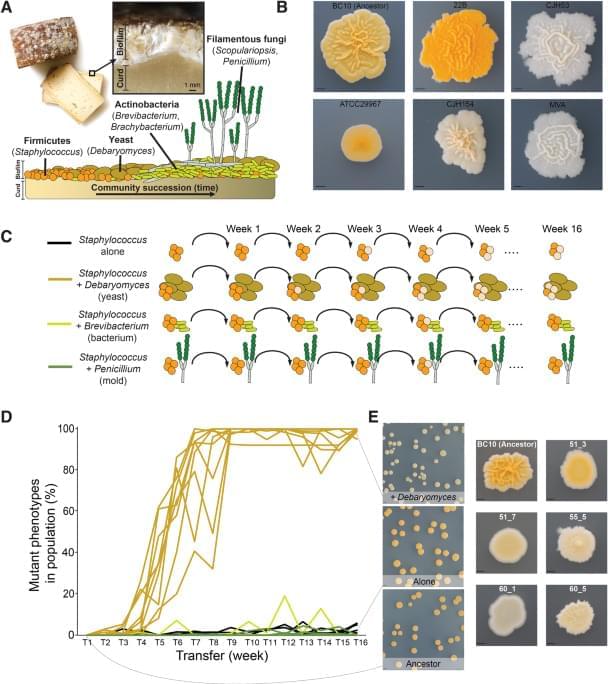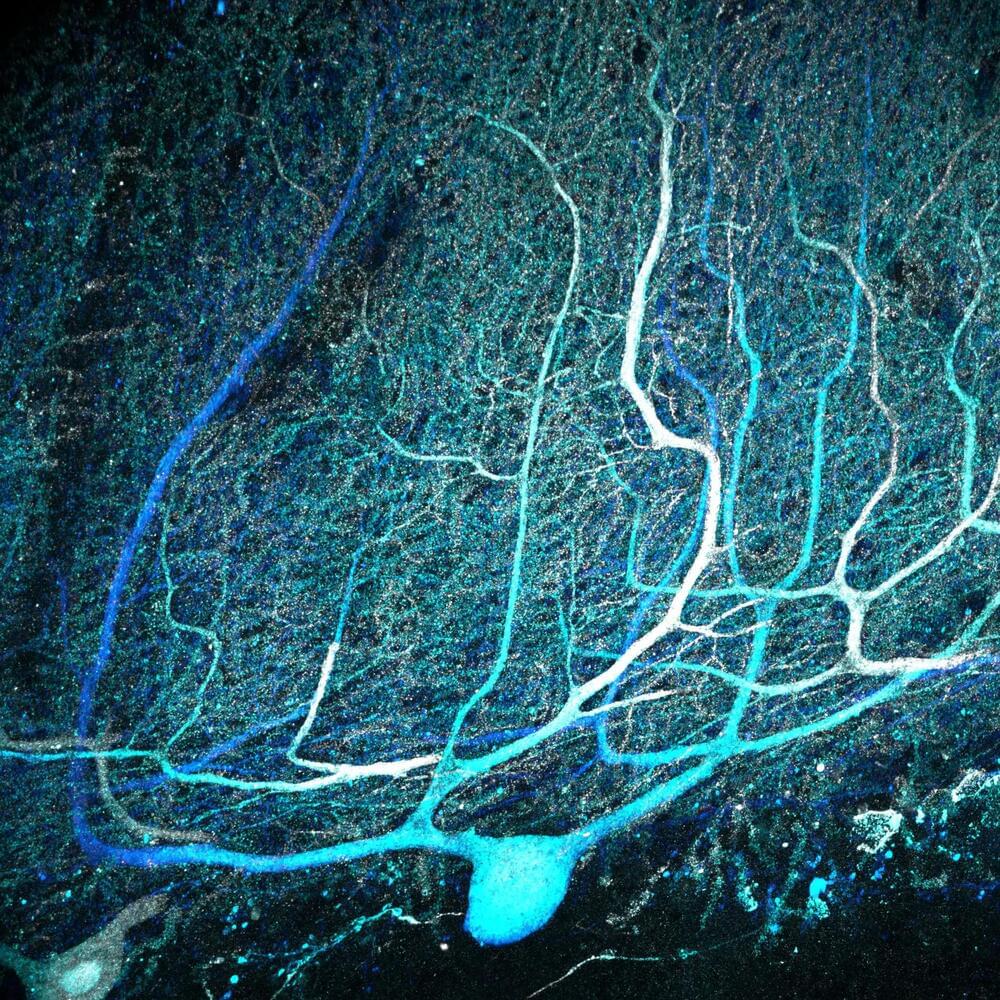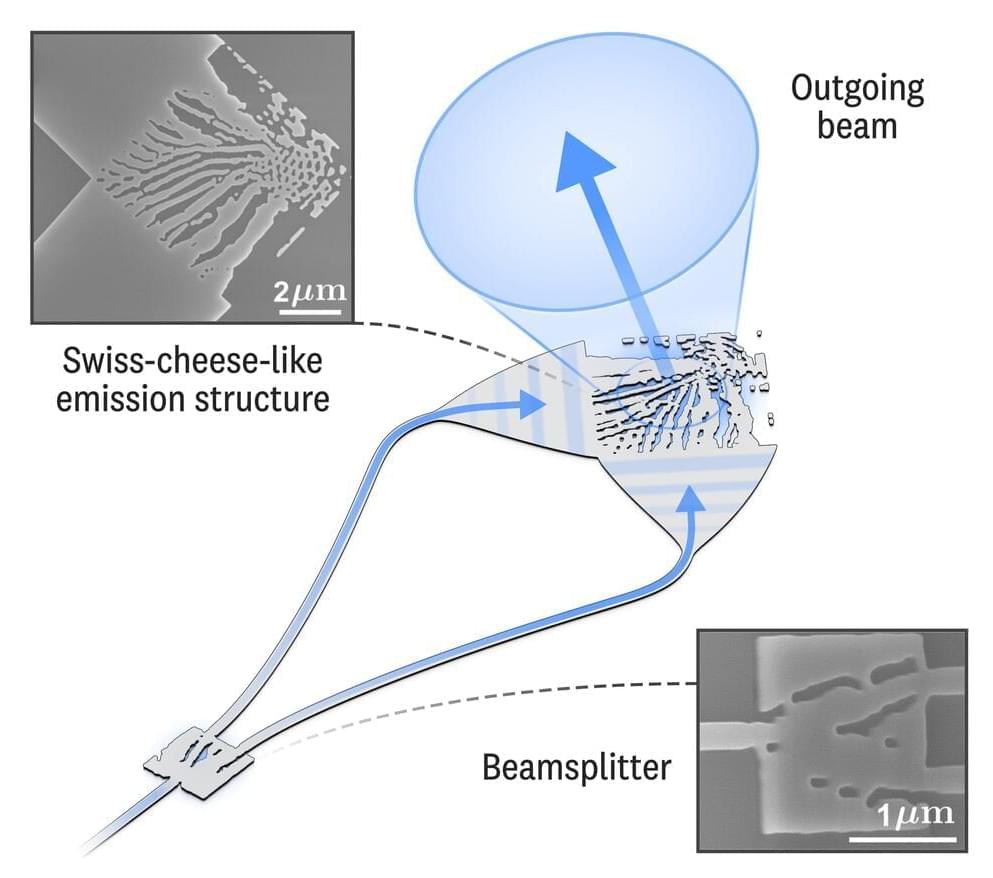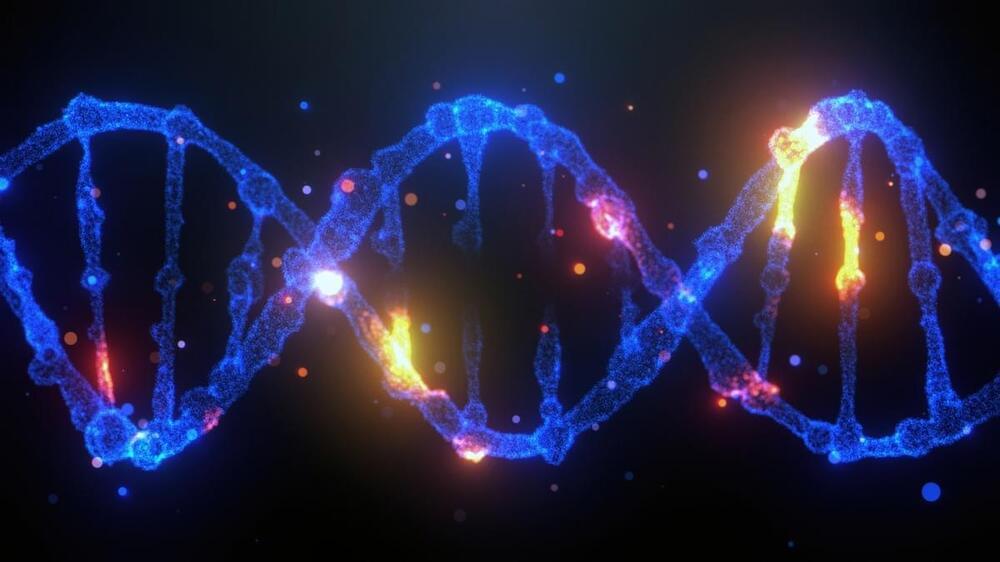CHICAGO — A cell-free DNA blood-based test displayed 83% sensitivity for colorectal cancer detection and 90% specificity in an average-risk population, similar to the performance of current noninvasive screening options.
“Colorectal cancer screening is recommended for everyone in the United States,” Daniel Chung, MD, director of the High-Risk GI Cancer Clinic at Massachusetts General Hospital and professor at Harvard Medical School, told attendees at Digestive Disease Week. “But, despite the widespread availability of many screening options, there remain persistent and significant barriers, and unfortunately, screening rates remain suboptimal. In fact, only 59% of eligible individuals aged 45 and over are adherent, which is well below the acceptance target rate of 80%.”
He added: “A blood-based screening test that can be completed as part of a routine health care visit presents a unique and attractive opportunity to increase adherence to colon cancer screening.”
